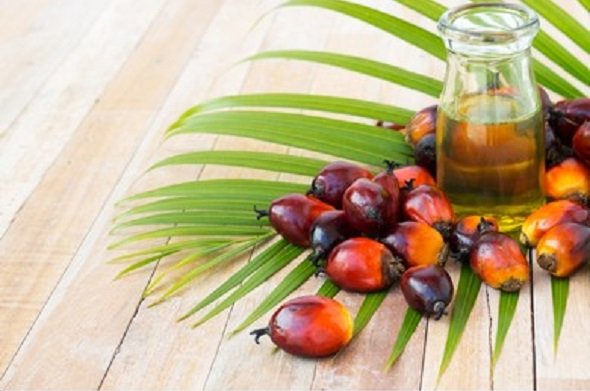Palm Oil prices dip amid higher output forecasts, slower Indian demand
Palm oil prices continued to face downward pressure amid sustained bearish sentiment, driven by falling BMD crude palm oil (CPO) futures and anticipated production increases in key producing regions
Palm oil prices remained under sustained pressure as market sentiment turned increasingly bearish. A combination of declining Bursa Malaysia Derivatives (BMD) crude palm oil (CPO) futures and expectations of improved production in key producing countries—namely Malaysia and Indonesia—contributed to the weakening price trend.
As of early May 2025, Malaysian palm oil futures fell to around MYR 3,750 per tonne, marking a notable decline. This downtrend is being reinforced by elevated domestic stock levels, reflecting higher-than-expected yields and relatively stable harvesting conditions. Additionally, market participants are anticipating a seasonal production rebound in the coming months, further amplifying supply-side pressures.
On the demand front, Indian palm oil imports dropped in April 2025, adding to the bearish outlook. The slowdown was largely due to ample inventories in India, combined with a shift in buying preference toward softer-priced oils such as soybean and sunflower oil. The weak rupee and cautious buying by Indian refiners ahead of peak monsoon season also contributed to the pullback.
With both supply and demand dynamics skewed toward surplus, the outlook for palm oil prices remains soft in the near term. Traders are closely watching the MPOB’s upcoming stock and production data, as well as developments in India’s edible oil import policy and global macroeconomic cues.
Palm oil prices continued to face downward






